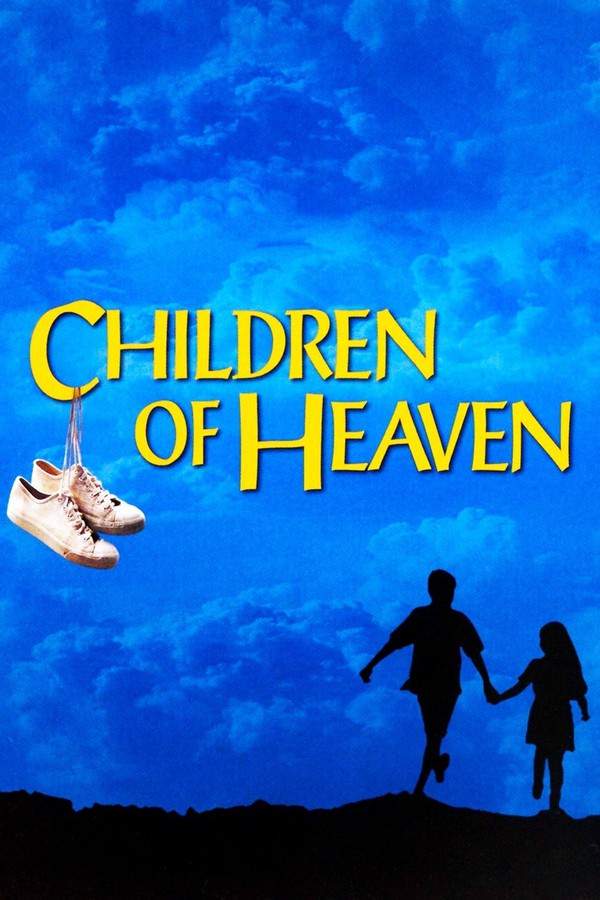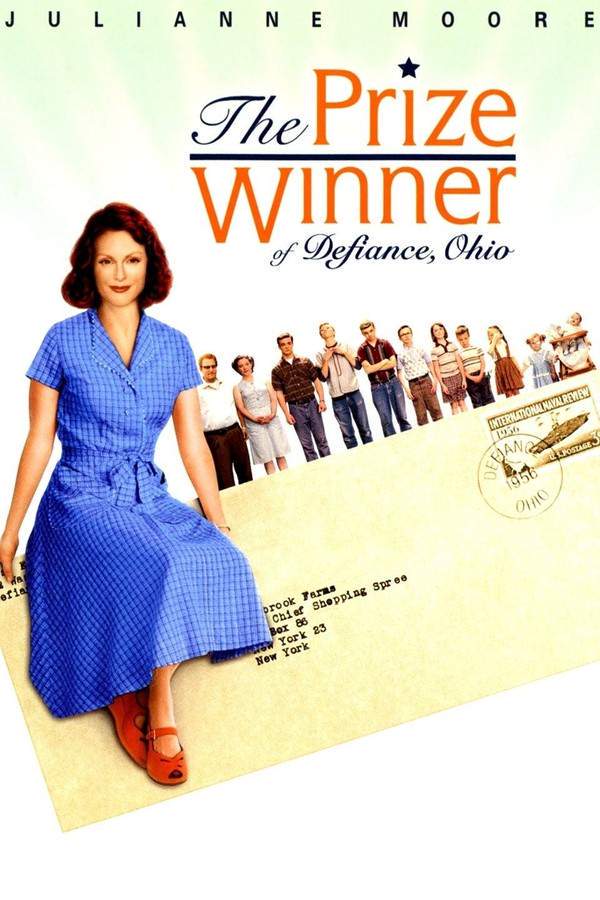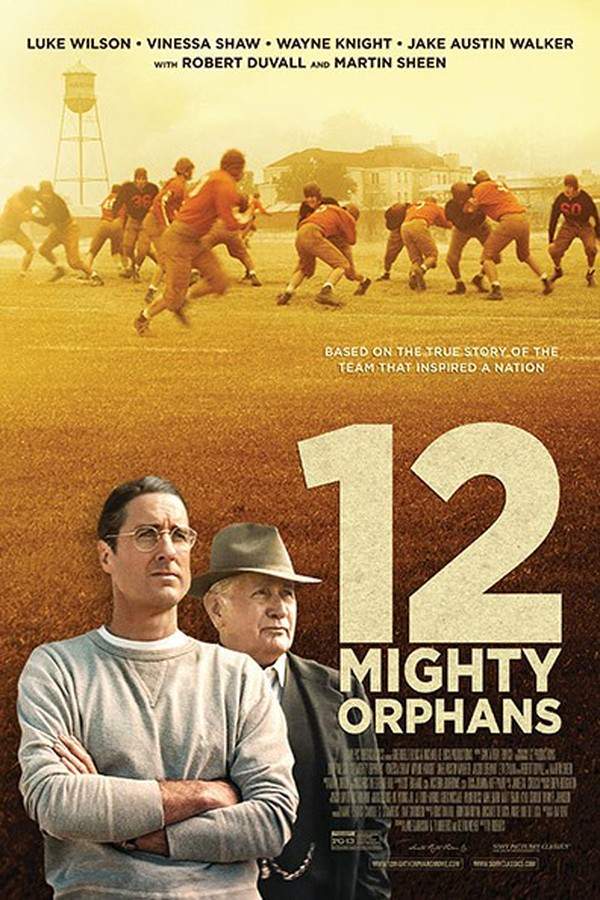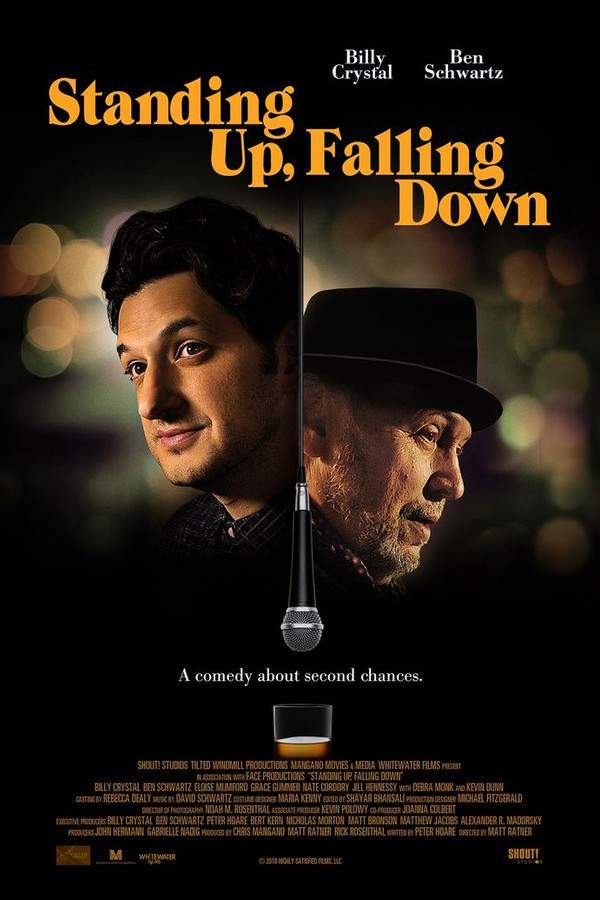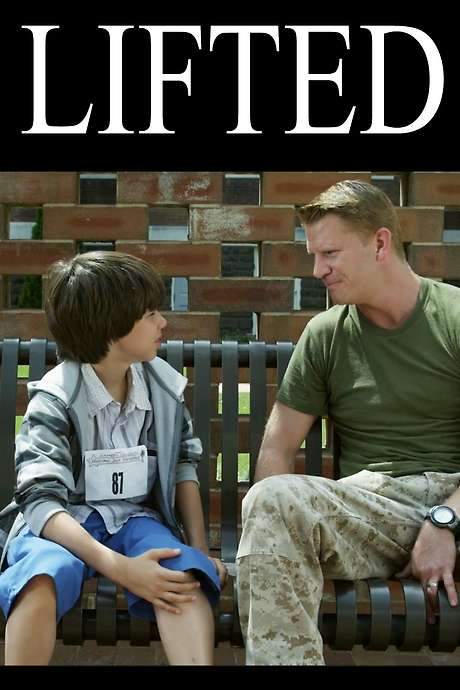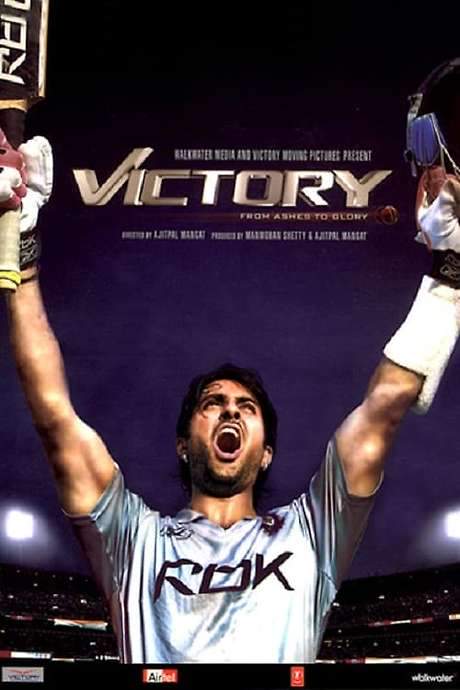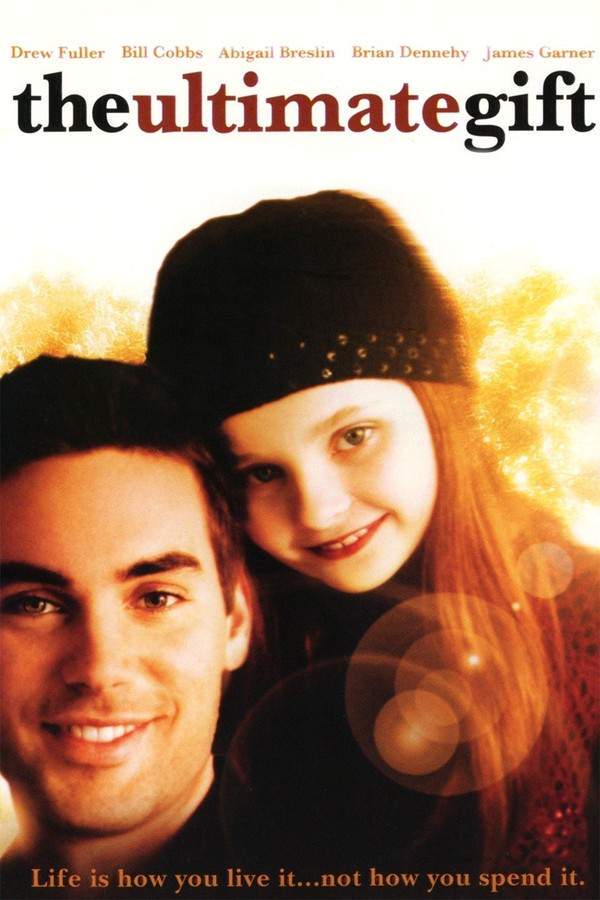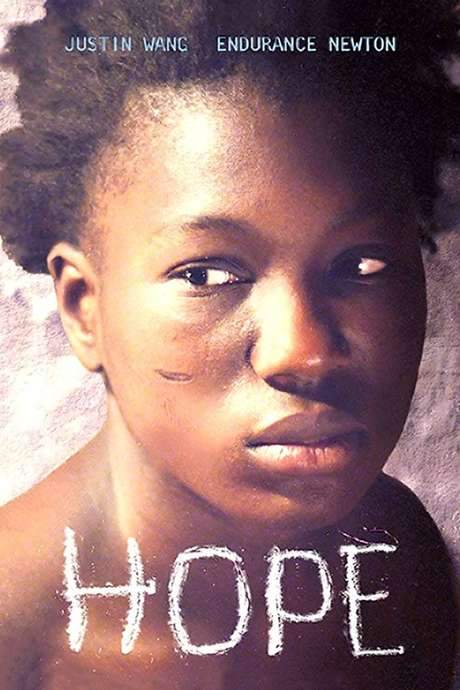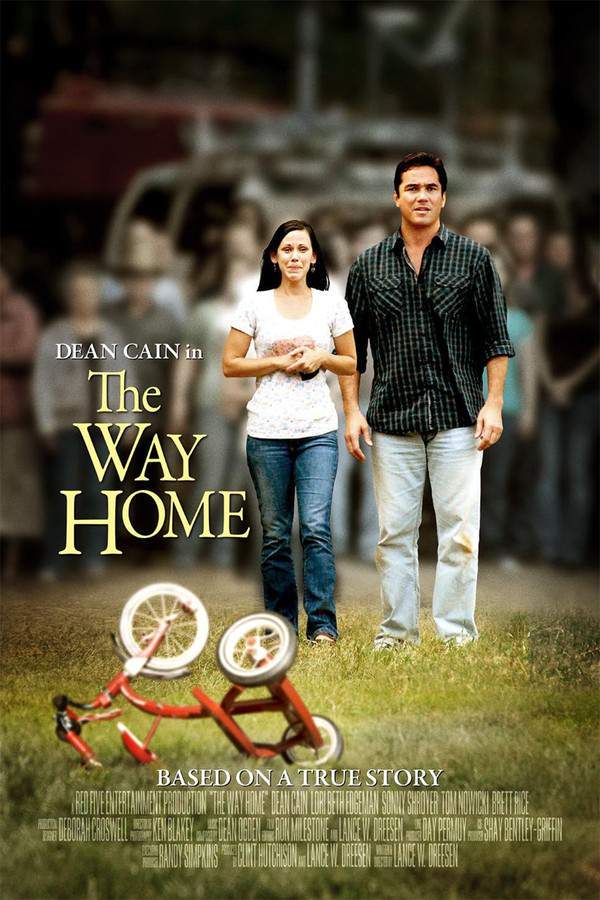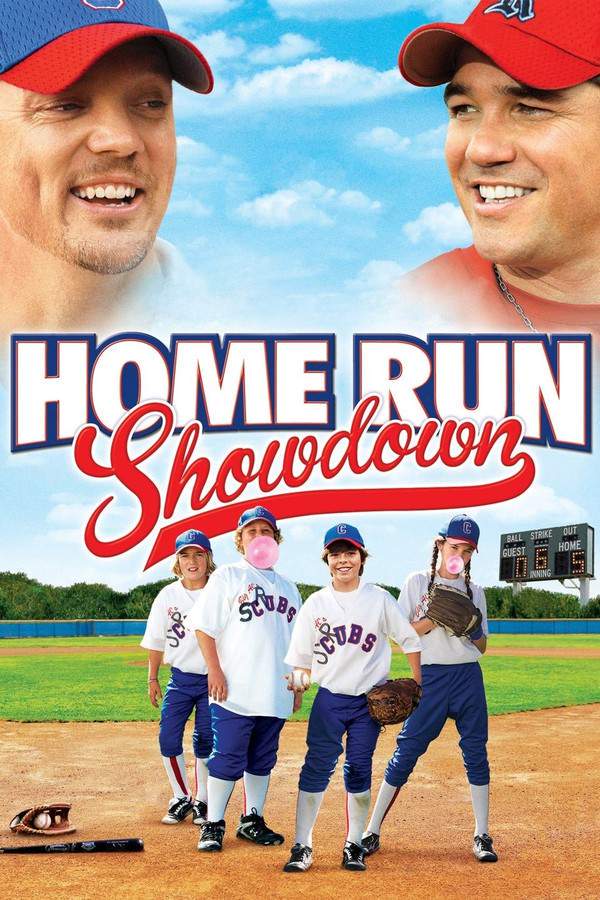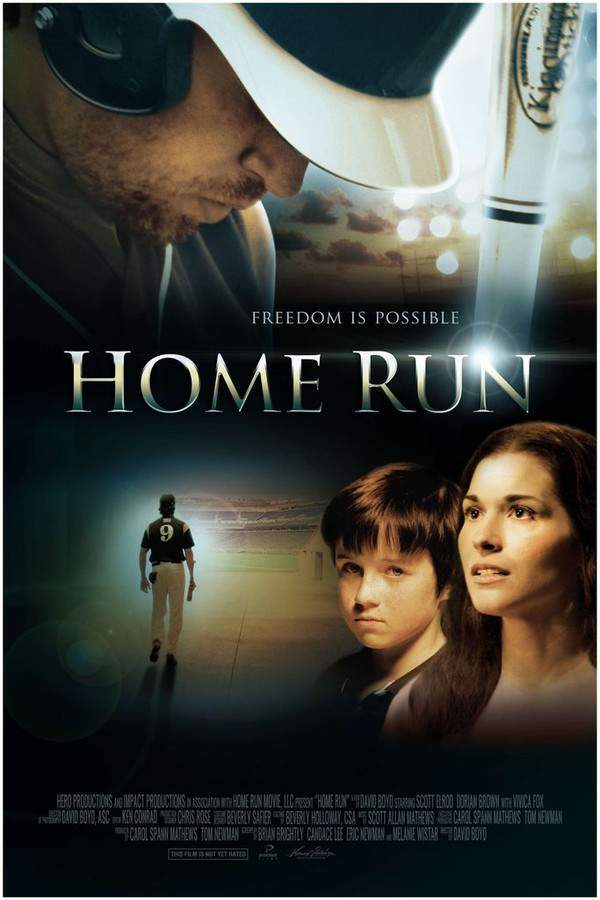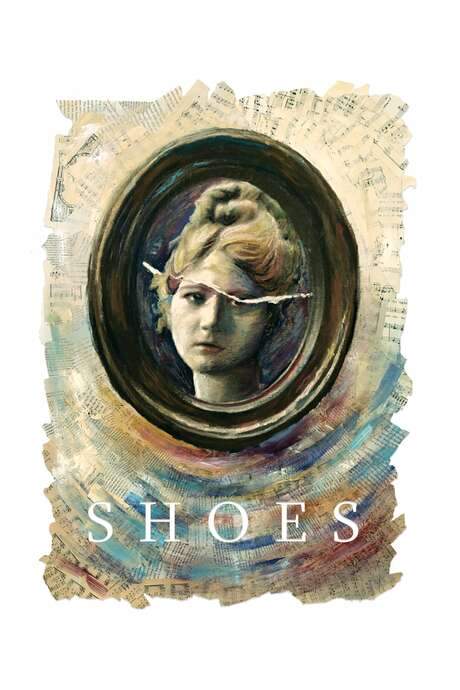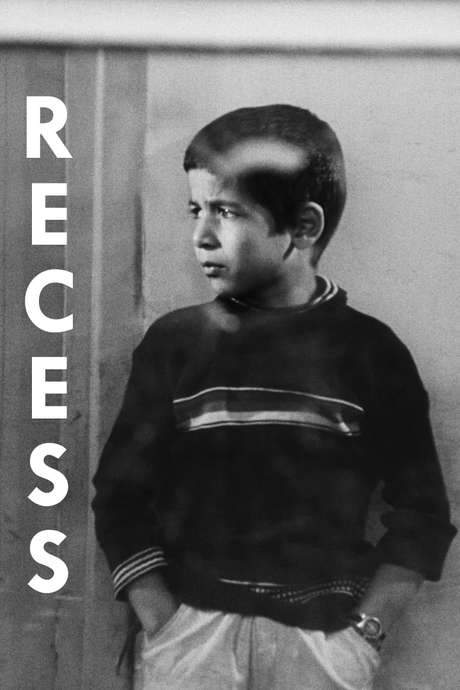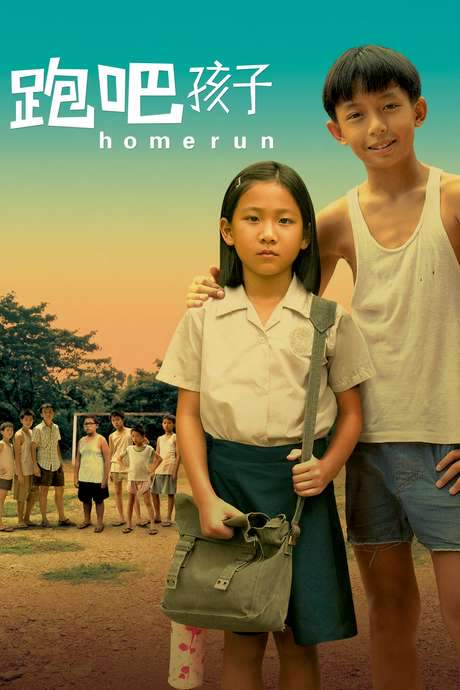
Homerun
Year: 2003
Runtime: 108 mins
Language: Chinese
A remake of the award-winning Iranian film Children of Heaven, Homerun is a drama about two poor siblings and their adventures over a lost pair of shoes.
Warning: spoilers below!
Haven’t seen Homerun yet? This summary contains major spoilers. Bookmark the page, watch the movie, and come back for the full breakdown. If you're ready, scroll on and relive the story!
Homerun (2003) – Full Plot Summary & Ending Explained
Read the complete plot breakdown of Homerun (2003), including all key story events, major twists, and the ending explained in detail. Discover what really happened—and what it all means.
In 1965, two poor Singaporean children, Chew Kiat Kun [Shawn Lee] and his younger sister Chew Seow Fang [Megan Zheng Zhi-Yun], live with their mother (Xiang Yun) who is in the late stages of her third pregnancy, and their father [Huang Wenyong], who is deep in debt to a local rice merchant and a provision shop owner. The family perseveres as the father labors long hours doing odd jobs, while the children make the most of what little they have. The weight of their situation shapes every small detail of their daily lives, from how they attend school to how they share scarce resources.
A crisis hits when Kiat Kun accidentally loses Seow Fang’s only pair of shoes after taking them to be repaired. Though a frantic search yields nothing, a karung guni man (a scavenger) had claimed the shoes as unwanted rubbish. The siblings feel abandoned by fate, and their father’s resolve to keep them afloat becomes a beacon of hope. In a move born of desperation and sibling solidarity, their father inspires Kiat Kun to share his shoes with his sister, swapping the shoes between classes so both children can attend school. This arrangement, however, brings its own set of problems: Seow Fang is scolded for wearing oversized shoes, and Kiat Kun finds himself chronically late as he waits for his sister to switch the footwear back and forth.
At school, a wealthy classmate named Tan Beng Soon [Tan Beng Soon] co-leads an amateur soccer team with his friends. The children strike a tentative bargain with Beng Soon to use the other boys’ soccer shoes in exchange for helping with their homework. The deal sours when the boys argue, and Beng Soon pulls away, denying them a place on the team. Without the team’s support, Beng Soon and his friends face punishment for substandard homework. The rift grows, and the school’s climate becomes tense as the two groups clash over loyalties, skill, and the limits of accommodation.
The friction spills into the home as well. Mrs. Ang [Patricia Mok], the math-minded Form Teacher, steps in as the situation spirals: she persuades the fathers—[Mr. Tan] and [Mrs. Tan] (Jack Neo and Phoena Lee) —to come to the school to witness Beng Soon’s private caning inside the staff room, a scene that underscores the stern discipline of the era and the family’s precarious position. In the end, Beng Soon’s father decides to send him away to study in England, hoping to chart a brighter path for his son.
Kiat Kun’s own future seems equally uncertain. The principal contemplates expulsion because of his habit of being late, yet the Form Teacher [Marcus Chin] defends him, a rare show of sympathy that acknowledges the boy’s dire family background. The defense helps him stay in school, and the two siblings cling to this tenuous chance.
A turn of fate arrives when Seow Fang spots a classmate wearing her lost shoes. The two siblings shadow the girl to her home and learn that the classmate’s father is blind and their family is even worse off than theirs. They decide not to reclaim the shoes, yet a few days later Seow Fang discovers the classmate has discarded the used pair at the village garbage dump. The Chews search the dump in a frantic bid to recover what was lost, only to find the shoes damaged when a riot—the trade unionist clash with a police officer—erodes the area. The riot scene involves a rioter [Chung Yiu-Nam], and a police officer [Emil Chau Wah-Kin], providing a stark backdrop to the siblings’ struggles.
Kiat Kun learns that the third prize in the 1965 National Primary School Cross Country Competition is a new pair of shoes. He had been sick on the day the team representatives were chosen, so he pleads with his P.E. teacher [Mark Lee] to let him run. The teacher is initially hesitant but relents when Kiat Kun makes a urgent dash to fetch cough medicine, revealing his running potential. As the race begins, Kiat Kun already suspects Beng Soon will be in the mix, and the field grows crowded with competing hopes.
When the starting gun fires, Kiat Kun pushes himself with a determination that astonishes him and those who know his family’s limits. He seems poised for a respectable finish, perhaps third, but a misstep on a rough patch of ground sends him sprawling toward the front of the pack. He recovers with a surge of effort and ultimately crosses the line in first place, while Beng Soon finishes in third, a small victory that carries huge meaning for the underdog.
As the race unfolds, life continues to test the siblings. Seow Fang’s mother goes into labor, and Seow Fang must race along a dangerous stretch—across broken glass and long paths—to find a midwife in time. Mrs. Chew gives birth to a baby boy on the very day Singapore becomes independent from Malaysia, a historic moment that shadows the family’s personal triumphs. In a gesture of reconciliation born from shared hardship, Beng Soon later brings new shoes for the siblings and departs for London, marking the end of one chapter and the quiet beginning of another.
Throughout the film, the camera lingers on the intimate details of poverty, resilience, and the small mercies that help a family endure. The siblings’ bond is tested and tempered by the daily grind of scarcity, the sting of social divides, and the slow, stubborn progress of a nation waking up to independence. What begins as a struggle over shoes becomes a broader story about dignity, hope, and the power of community to lift a family above circumstance.
Last Updated: October 09, 2025 at 15:09
Explore Movie Threads
Discover curated groups of movies connected by mood, themes, and story style. Browse collections built around emotion, atmosphere, and narrative focus to easily find films that match what you feel like watching right now.
Movies about childhood resilience like Homerun
Young protagonists overcoming adversity with quiet resilience and hope.Find more movies like Homerun that follow young characters facing tough circumstances. If you enjoyed the story of siblings overcoming poverty, you'll appreciate these similar films about childhood challenges, family bonds, and hopeful triumphs.
Narrative Summary
The narrative follows young protagonists as they confront a central problem stemming from their difficult circumstances. The plot unfolds through their resourceful attempts to solve it, often involving a tight-knit family or sibling bond, leading to a resolution that is bittersweet yet affirming of their strength.
Why These Movies?
These movies are grouped by their focus on a child's-eye view of struggle, where emotional hardship is balanced by a fundamentally hopeful tone. They share a steady, character-driven pace and a medium emotional weight, making the journey poignant without being overwhelmingly dark.
Bittersweet dramas about everyday life like Homerun
Grounded dramas where life's hardships meet quiet, hopeful perseverance.Discover films similar to Homerun that capture the bittersweet feeling of overcoming daily challenges. These movies share a steady pace, relatable characters, and stories where hope and hardship intertwine, perfect for viewers who appreciated the sincere tone of Homerun.
Narrative Summary
Narratives in this thread are often linear and focused on a central, relatable problem affecting a family or community. The conflict arises from socioeconomic realities or personal limitations, resolved not with dramatic escapism but with a mix of compromise and small, meaningful victories that feel true to life.
Why These Movies?
They are connected by a specific emotional blend: a bittersweet core wrapped in a hopeful tone. The pacing is steady, the complexity is straightforward, and the intensity is medium, creating a coherent viewing experience that is emotionally engaging yet ultimately uplifting.
Unlock the Full Story of Homerun
Don't stop at just watching — explore Homerun in full detail. From the complete plot summary and scene-by-scene timeline to character breakdowns, thematic analysis, and a deep dive into the ending — every page helps you truly understand what Homerun is all about. Plus, discover what's next after the movie.
Homerun Timeline
Track the full timeline of Homerun with every major event arranged chronologically. Perfect for decoding non-linear storytelling, flashbacks, or parallel narratives with a clear scene-by-scene breakdown.

Characters, Settings & Themes in Homerun
Discover the characters, locations, and core themes that shape Homerun. Get insights into symbolic elements, setting significance, and deeper narrative meaning — ideal for thematic analysis and movie breakdowns.

Homerun Spoiler-Free Summary
Get a quick, spoiler-free overview of Homerun that covers the main plot points and key details without revealing any major twists or spoilers. Perfect for those who want to know what to expect before diving in.

More About Homerun
Visit What's After the Movie to explore more about Homerun: box office results, cast and crew info, production details, post-credit scenes, and external links — all in one place for movie fans and researchers.

Similar Movies to Homerun
Discover movies like Homerun that share similar genres, themes, and storytelling elements. Whether you’re drawn to the atmosphere, character arcs, or plot structure, these curated recommendations will help you explore more films you’ll love.
Explore More About Movie Homerun
Homerun (2003) Scene-by-Scene Movie Timeline
Homerun (2003) Movie Characters, Themes & Settings
Homerun (2003) Spoiler-Free Summary & Key Flow
Movies Like Homerun – Similar Titles You’ll Enjoy
Children of Heaven (1999) Spoiler-Packed Plot Recap
The Way Home (2002) Full Movie Breakdown
Home Run Showdown (2012) Spoiler-Packed Plot Recap
Home Run (2013) Full Summary & Key Details
One Leg Kicking (2001) Film Overview & Timeline
The Child (2005) Spoiler-Packed Plot Recap
Hop (2002) Film Overview & Timeline
Anak Halal (2007) Complete Plot Breakdown
The Runner (1984) Movie Recap & Themes
Daddy, Father and Papa (1991) Movie Recap & Themes
Where Is the Friend’s House? (1987) Complete Plot Breakdown
Shoes (1916) Full Summary & Key Details
Haami 2 (2022) Full Movie Breakdown
The Bare-Footed Kid (1993) Movie Recap & Themes
Recess (1972) Full Summary & Key Details

